That’s My Job: Admissions Counselors
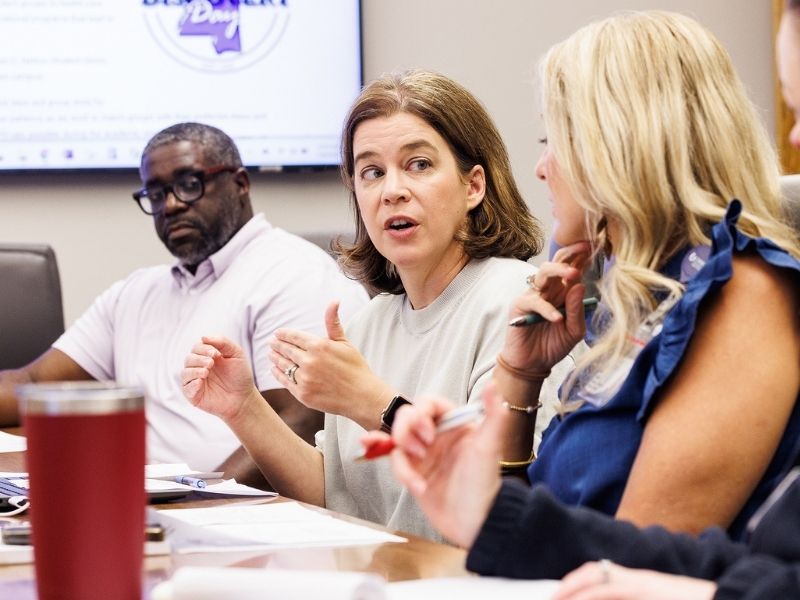
It can seem like a daunting task to apply to one of the University of Mississippi Medical Center’s six schools of health sciences, but no prospective student has to go it alone.
Helping them through the process are admissions counselors at UMMC’s School of Medicine, School of Nursing, School of Dentistry, School of Graduate Studies in the Health Sciences, School of Health Related Professions and the John D. Bower School of Population Health.
School of Medicine
Admissions counseling at the UMMC School of Medicine comes in large outreach events such as Pre-Med Days that draw undergraduate and graduate students from throughout the state and one-on-one meetings with prospective medical students.
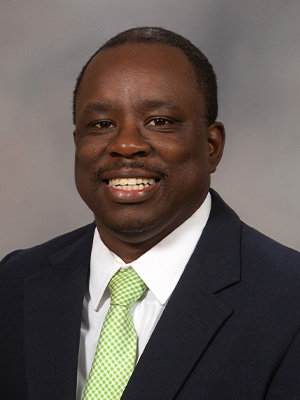
“Our Pre-Med Days are half-day events where students can learn a lot about the admissions process and interviews and participate in hands-on sessions,” said Dr. Dan Coleman, SOM outreach director. Participants have learned more about histology and the chambers of the heart in previous Pre-Med Days, and a future Pre-Med Day includes plans for hands-on activities.
Dr. Kathryn Schneider, assistant dean in the Office of Medical School Admissions, said the admissions team often meets with prospective students individually, helping them with specific question, providing them with resources for preparing for the MCAT and showing them areas where they could strengthen their academic resumes.
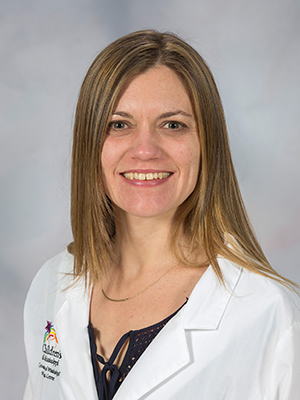
“It shows the level of commitment at UMMC that we are there to help students interested in applying for medical school,” Schneider said. “It’s heartwarming that so many of these students want to become doctors to give back to their communities, and it’s fulfilling for us to see them come back to the state to help build a healthier Mississippi.”
Since not every applicant is accepted to medical school on their first try, the Office of Medical School Admissions also provides counseling to applicants to help them in the future, since about 20% to 30% of students at the UMMC School of Medicine are repeat applicants.
“We sit down with them and tell them how they can improve,” Schneider said. “It’s not pointing out something that’s wrong but how they can improve on interviews or coursework. We find these amazing students and see their passion. It’s up to them to make those improvements, and sometimes they need someone to believe in them.”
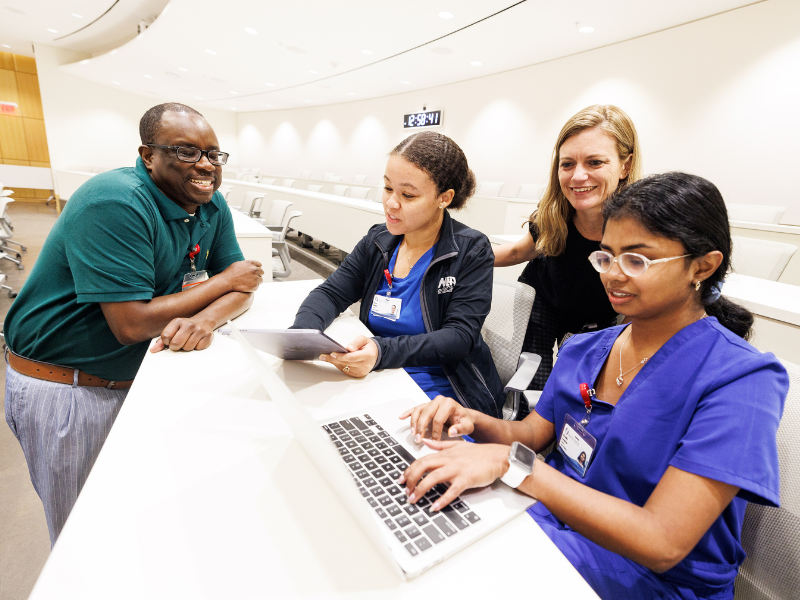
The application cycle begins in May, and by August, interviews are underway. A constant through the process is the Admissions Committee, whose members meet to review applications. “They are great leaders who are very passionate about our educational mission,” Schneider said.
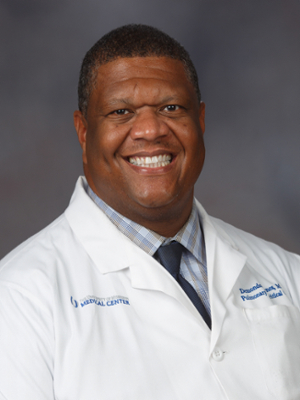
Dr. Demondes Haynes, associate dean for School of Medicine admissions, “does everything with students in mind,” Coleman said.
That means seeing students from their first visit to campus to commencement and beyond, he said.
The whole staff carries out that student-focused vision, Coleman said, noting the calming presence of project managers Diane Taylor and Euracia Thompson.
“They help students through worries and anxiety on interview day,” Schneider said. "They are so kind, and many of our students say they wouldn’t have made it through without them."
School of Nursing
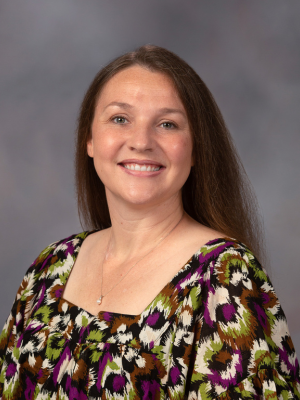
“There’s no reason anyone has to do this alone,” said Tara Rushing, project manager, admissions counselor and early entry liaison at the School of Nursing, serving students in Jackson and Oxford.
The School of Nursing works with prospective students who are interested in any of their multiple programs.
It holds spots in the respective programs if the applicants maintain their progression criteria.
“We help them through the competitive nature of admissions by evaluating their transcripts early to make sure their GPA is high enough to meet requirements,” Rushing said. Along with the evaluation comes written advice on what to do to raise grades and what prerequisite courses are needed.
Interest is high in nursing, Rushing said. She and colleague Brittany Vice, project manager, have two email accounts and two phone lines, “and we’re communicating with prospective students every day.”
Nursing careers have multiple starting points, from starting as an LPN or earning an associate's degree in nursing to traditional or accelerated BSN programs.
“There are multiple entry points and pathways,” Rushing said, “Each student’s journey is unique, and the right path is the one that fits their goals and circumstances.”
School of Dentistry
At the School of Dentistry, the mission is clear, said Dr. Kristin Nalls, assistant dean of student affairs and Iead director for admissions.
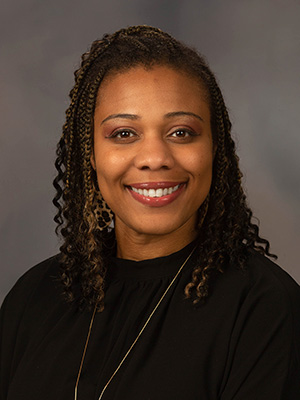
“We are finding, recruiting and training Mississippi students to care for Mississippians,” she said.
Admissions in the School of Dentistry is a cycle that never stops, Nalls said. The year-long process starts in June, with prospective traditional-path students applying for admission between their junior and senior undergraduate years.
Some students start preparing for this in their first year in college, shadowing a dentist, volunteering and working to have the grades and prerequisites needed.
“We also have prospective students who may be reapplying, and others who may be pursuing dentistry after post-baccalaureate work or as a second career.” she said. “We welcome and counsel all applicants at all stages of life and believe that their various perspectives strengthen our applicant pool.”
Prospective dental hygiene students have a shorter application process, but “it’s also a very competitive program,” Nalls said.
For students who reapply, the School of Dentistry offers counseling on what they can do to make their applications stronger for the next round.
“Our goal is to facilitate a transparent and fair process that is easy to understand, even though the application process is challenging,” she said. “Anyone who wants to be a dentist has the opportunity to show their passion for caring for Mississippians. This process makes our students the best of the best.”
Once accepted, Nalls’ role continues. “We’re recruiting, onboarding, caring for students and helping them thrive. It continues all year.”
School of Health Related Professions
Admissions at the School of Health Related Professions is also a continuous process, said Dr. Molly Ratcliff, assistant dean of student affairs and admissions at SHRP.
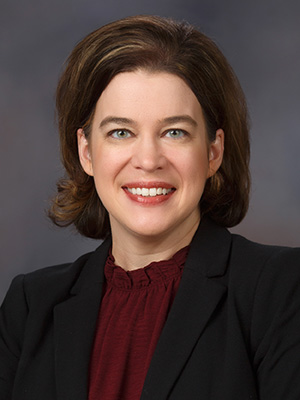
“I love my job,” she said. “It’s a rewarding job helping students reach their goals. We see it come full circle from admissions to commencement.”
Once a student is admitted to one of SHRP’s programs, including radiologic sciences, health systems administration, health administration, health informatics and information management, medical laboratory science, histotechnology, occupational therapy, physical therapy, nuclear medicine technology and magnetic resonance imaging, “we help them through the onboarding process. When they get here, we want to set them up for success.”
Ratcliff said guiding prospective students through admissions and onboarding is a team effort, noting the collaboration that happens with each SHRP department who also offers information and advice geared toward their program requirements.
Andi Cruthirds, project manager for recruitment and student services for SHRP, said her admissions-related job is “unique because of the number of programs at SHRP. It requires shifting gears between bachelor’s, master’s and doctoral programs.”
Outreach for SHRP can range from visiting high schools to outreach aimed at undergraduates and graduates. Still others come to SHRP from the professional world, seeking to advance in their chosen fields or change careers.
From there, students visit the campus, often during program preview days, ask questions about the admissions process or reach out to the school online through social media, an area Cruthirds manages for SHRP.
“The best part of my job is meeting prospective students, then seeing them at orientation and then watching them follow their chosen path.”
School of Graduate Studies in the Health Sciences
Students applying to the School of Graduate Studies in the Health Sciences to earn PhDs, master’s degrees, doctorates in audiology and certifications often visit the campus during recruitment events, but some may have gained research experience at UMMC during programs such as the Summer Undergraduate Research Experience or, as high schoolers, in Base Pair.
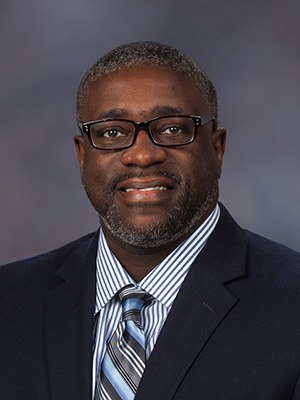
“We put a premium on research experience,” said Dr. Jan Williams, professor and director of SGSHS. “It definitely gives them an advantage when applying to one of the PhD programs, especially with references who can say if the student thinks as a good future scientist or principal investigator.”
Williams and his team work to support students through the application process, answering questions and sending them reminders of upcoming deadlines. The national and international reputation of the graduate school draws exceptional students to its programs. Because some of the students in the SGSHS are from other states or countries, travel questions are often asked.
“We have a good number of Mississippians, too,” Williams said, “but the School for Graduate Studies in the Health Sciences has students from around the world.”
School of Population Health
The John D. Bower School of Population Health uses a collaborative admissions model involving faculty and staff who work with prospective students who come from a variety of academic backgrounds.
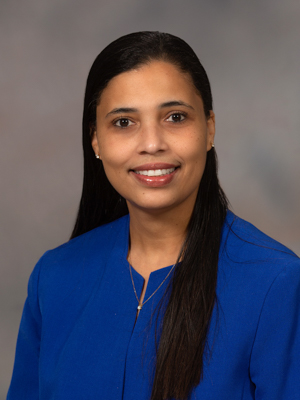
“Some are practicing clinicians, and others are recruited through undergraduate programs,” said Dr. Victoria Gholar, assistant dean for student affairs and an assistant professor of population health science. “There are many routes to population and public health practice.”
Students in the school may have different paths toward degrees. Population Health Science master's and certificate students take population health courses online, and data science and population health science PhD students take courses in person.
Patrick Taylor, special projects coordinator, connects with prospective students, including UMMC employees, in “coffee and chat” events on campus and traveling the state to talk with prospective students at expos, health fairs – “wherever we can find groups of like-minded individuals interested in careers in population and public health.”
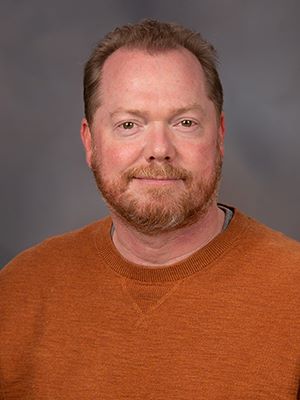
Throughout the admissions process, “we make it a priority to understand each student’s background and aspirations,” Gholar said. “Our goal is to ensure they feel supported from the very first interaction.”
Sometimes that involves working with colleagues at other health sciences schools at UMMC.
“If a prospective student’s goals align more closely with another UMMC program, we don’t hesitate to make that connection” Gholar said. “That collaboration among six health sciences schools makes UMMC unique.”
Often that collaboration happens through the UMMC Recruitment Committee.
“Each school at UMMC has its own strengths,” Taylor said, “but this helps us recruit for the institution as a whole.”
Committee meetings give admissions and recruitment representatives throughout UMMC the opportunity to “align our outreach efforts to present a unified institutional message.”


